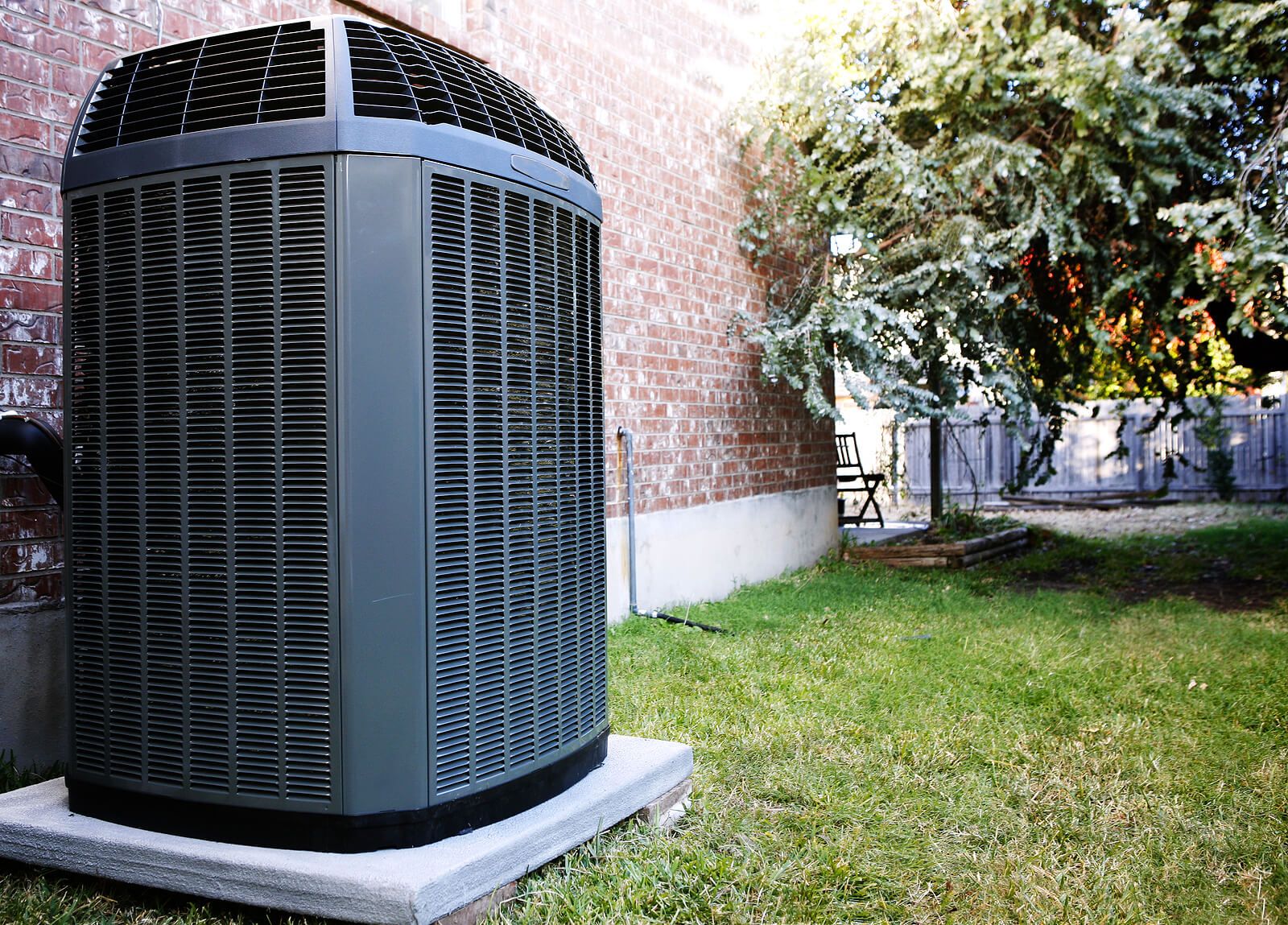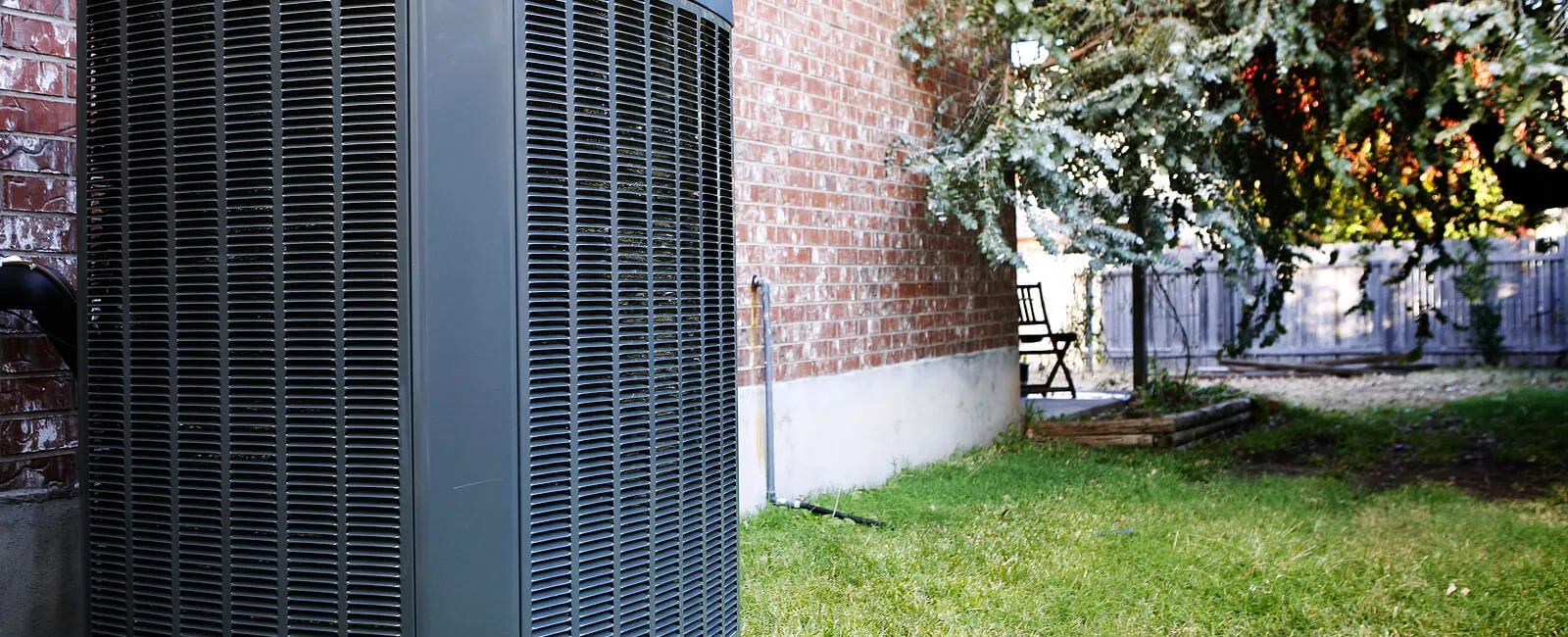Climate change has been going on an annual rampage as our collective summers continue to grow even hotter. Homes around the world have struggled to stay inhabitable as many cities and towns have set all-time temperature records within the past two years. Some of these cities are known as cooler cities, such as Seattle, which has an average temperature of 62 degrees Fahrenheit in June; Lytton, British Columbia, which has an average temperature of 64.4 degrees in June; and Biarritz, France, which has an average temperature of 65 degrees. These cities have hit scorching, hot temperatures lately: Seattle hit 108 degrees, Lytton shattered 121 degrees, and Biarritz surpassed 109 degrees. These 1000-year heat waves are hazards to the populations that live in these cities, who are becoming dependent on air conditioning in their houses and commercial buildings. The big question is: How can you tell if your AC is running efficiently?

Signs of an inefficient air conditioning system
Knowing the signs of an inefficient air conditioning system may help owners and renters diagnose problems and know the hallmarks of an efficient system. Inefficient air conditioning systems have a few tell-tale signs that should alert homeowners or renters that their system is not keeping up with the current demands. For example, checking the temperature in every room will reveal if the air is flowing evenly. Hotter or colder rooms may be receiving too much air and cause a temperature imbalance throughout your house. These imbalances will also manifest as rooms feeling clammy and humid despite using the air conditioning. This will result in individuals lowering the temperature even more, leading to higher-than-normal utility bills during the summer months — and no one wants that. Prevent this never-ending spiral through an efficient air conditioning system that cools down air and wicks out moisture. Something to also keep in mind is that the problem could lie within your thermostat not necessarily your AC unit. Make sure your thermostat isn't the issue before diving deeper into an AC unit replacement.
Signs of an efficient air conditioning system
Energy-efficient air conditioners are all the rage, and one of the first things to look for is an EER rating. The average EER Rating of an air conditioning system is 8.5. The equation to find a systems rating is Capacity (in BTU or British Thermal Unit) / Power (in Watts). Systems with a rating under 8.5 are less energy-efficient than average; meanwhile, a score over 8.5 rises above the competition significantly. Investing in an energy-efficient AC system can dramatically reduce summer bills as 50% of home or apartment electricity goes towards diminishing the heat.
Several more tests exist to check if you currently have the most efficient air conditioner possible. The most efficient air conditioners require less time to cool off the interior of your home. A system that runs all the time is one major sign of a problem. Sometimes the problem can be as simple as your unit being too small and underpowered to complete the job correctly. Another dilemma could be that the property's climate is too extreme for the system or even an explanation as benign as home renovations. These various possibilities could put too much strain on your system and require a call from local professionals.
How long should air conditioning units run?
Air conditioning cycles should last 15 to 20 minutes and occur no more than two to three times per hour. It would be easy for an expert to conclude that long cycles result from a unit that is too small for your house — likewise, too short of cycles are equally as bad, if not worse, as they can ruin the entire system and require a replacement. Lastly, the age of your unit and the sounds made by it are some of the last signs you should pay attention to. These systems are old after ten years and could shortly need a replacement. Older models also run the possibility of producing excessive sounds, which could point toward the problem's culprit. The only sound your air conditioner should make is a low and steady blowing noise, easily dismissible and possibly relaxing. Any banging, squealing, rattling or clicking sounds mean that you have a problem. We also realize that sounds coming from your AC unit can sometimes be alarming or provoke anxiety, so with every repair or installation, Stahl Plumbing includes a safety inspection as well.
You should always call seasoned experts when a problem with your air conditioner arises. The Pittsburgh area has trusted our team for 63 years of experience, and we have never met an air conditioning unit that we could not fix. Fill out a contact form or call today for more information!

